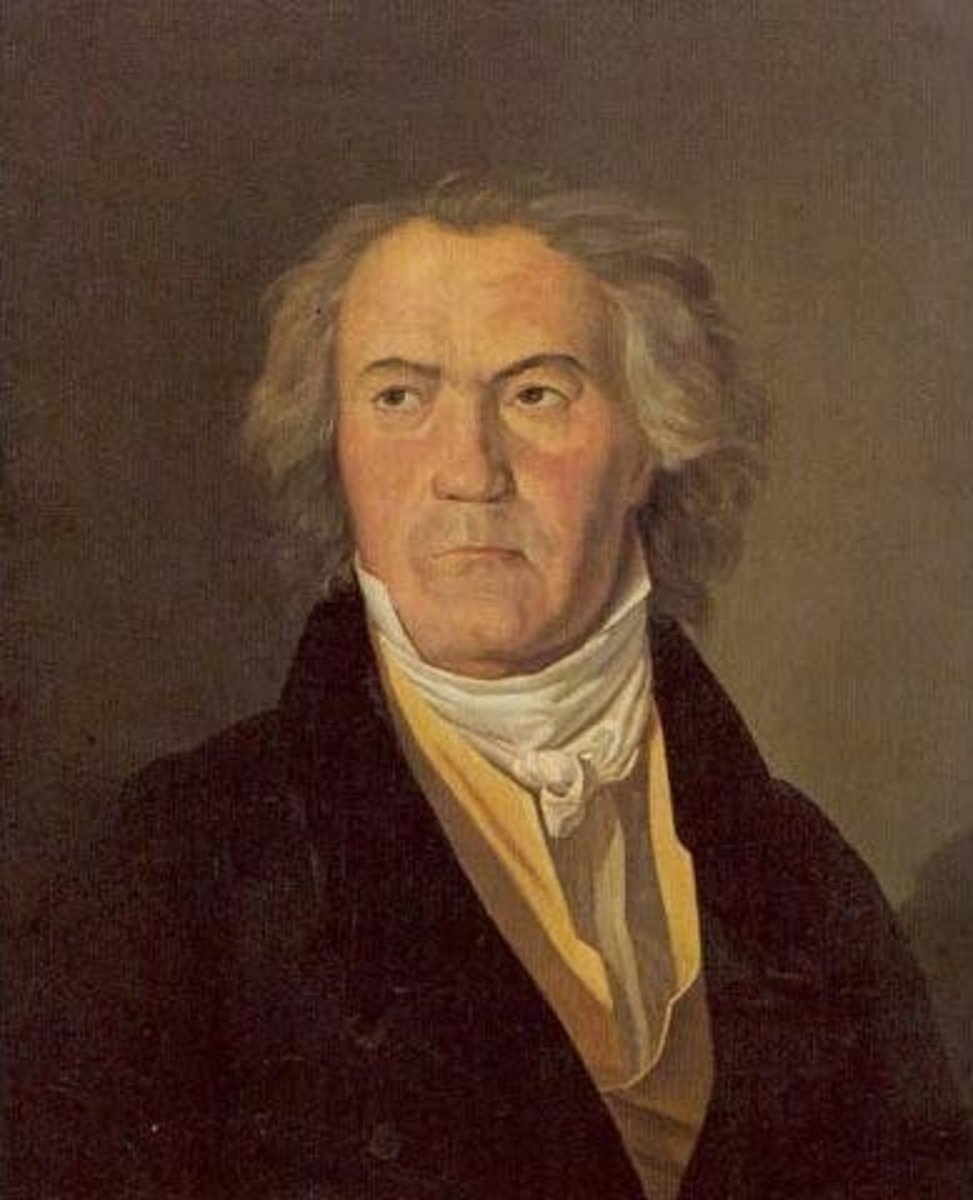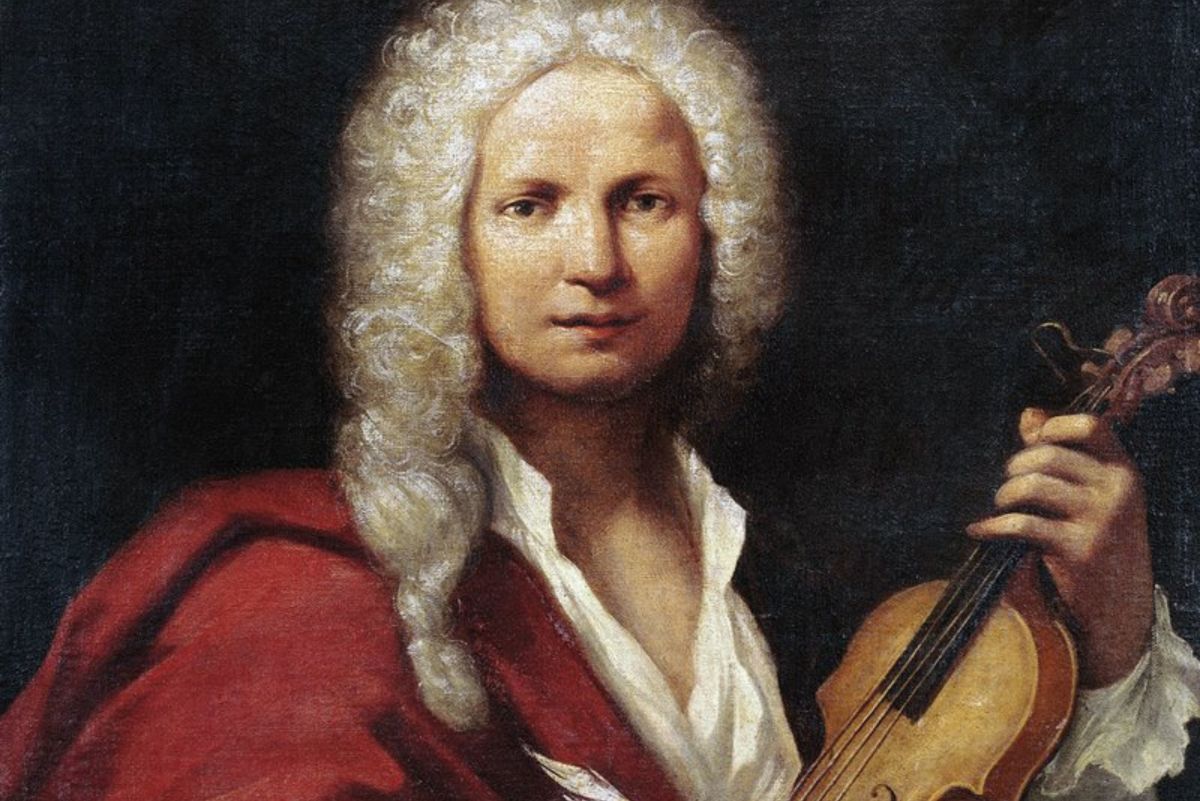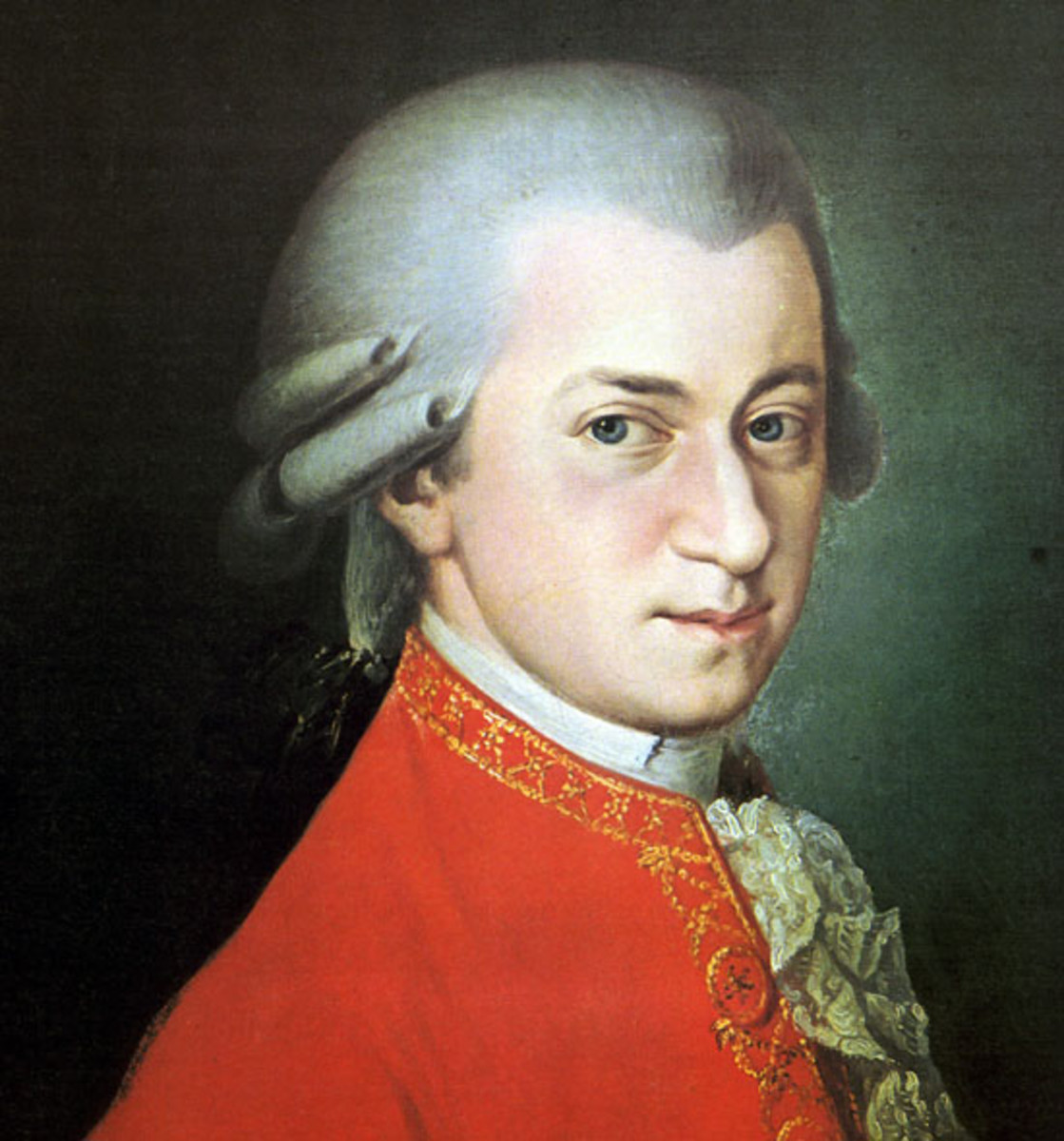The beautiful music of Frederic Chopin. The Poet of the Piano. Greatest Polish musical genius.
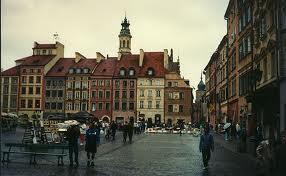
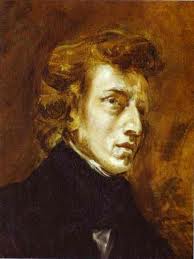
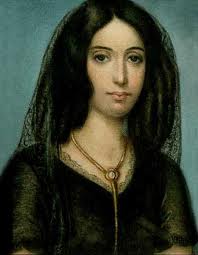
Chopin. The composer of music" to die for".
When people talk about poetry they are usually referring to the great wordsmiths of the past like Shakespeare, Milton or Emily Dickinson. But the appellation "Poet" can not just be given to those who are masters of the written word. Who can not look at a painting by Turner and not feel the strength of the poetry painted onto the canvas, jump out at the observer? Who can fail to be moved by the natural poetry of a great mountain, or a graceful butterfly?
The presence of the great poet can be found all over the universe, in the great and in the really tiny, But the genius I want to remind you of today was not a god, nor was he a writer, or a great painter of pictures. No he was a simple polish child of a schoolteacher who, through his immortal music, has been remembered ever since as "The Poet of The Piano".
Frederic Chopin was the name of this paragon of musical poeticism, and this essay is more an appreciation of his genius than a biography. I will throw in a few biographical details, otherwise the reader might think that I don't know what I am writing about, and that would never do. But it is the wonderful music that should be the star of this piece, because without his compositions Frederic Chopin, would be just another Pole that was born in March 1810 in Warsaw, and died in 1849 in Paris.
But there was a bit more to his life than that. He had for many years a relationship with the famous french novelist Georges Sand, and before you conclude that Chopin was gay, he was not. It is just that there was a prejudice against female authors in those days, and his girlfriend had to use a man's name otherwise she would never have got her books published. Her real name was Amandine Aurore Lucille Dupin. I think I prefer Georges Sand. It is less of a mouthful.
Frederic Chopin was a great polish patriot, and he campaigned throughout his concert career for polish independence, especially from the oppressive regime of Nicholas I in the Russian Sector. He wrote many works with a polish flavour. His series of Polonaises were especially effective in promoting consciousness of polish nationalism.
The one best known and loved by generations since is "The Military Polonaise". The strikingly martial chords of this piece have stired the patriotic fervour of millions since.
His "Valses" are beautiful gems as well. In some the music skips so delicately from the instrument, that you are transported to Parisian or Viennese ballrooms. You can almost hear the rustle of the crinolines, and see the gorgeous military uniforms of the Dashing Hussars, as they whirl their ladyloves round the dancefloor.
One of Chopin's compositions that I love to listen to more often than any of his other works is his "Fantaisie Impromptu" there is something about the singing of the piano in the great central section that draws me back again and again.
The slow movement of his "Piano Concerto No 2" also brings music to my soul.
The "noctournes" and more musical gems from Chopin.
But if there is one series of compositions that really earns Frederic Chopin his laurel wreath as "The Poet of The Piano" it is undoubtedly his "noctournes".
This collection of miniature musical masterpieces must surely be the original "Music that soothes the savage breast", for, there can surely be no better way to bring peace to your soul than just to shut your eyes and listen while the immortal notes wash over you. I defy any one to listen to the Chopin "Noctournes" and not be almost dissolved with their beauty.
The "gold ingots"of pianisstic ecstasy mentioned so far are not the only glimpses of Heaven left for us by our musical rhymster. There are also "The Etudes"(so beautiful) and nobody that has ever listened to "The Raindrop Prelude" can resist wanting to hear it again and again.
But, As I said earlier, this is more an appreciation than a biography. I can give you but one more detail from the life of the remarkable Frederic Chopin. When he met his maker in 1849, he died of Tubercolosis. What a sad thing for the world that they didn't have a cure for that dreaded disease in his day.
Still he did leave us a legacy of some of the most beautiful music ever written, and some of it can be found here. Enjoy.




